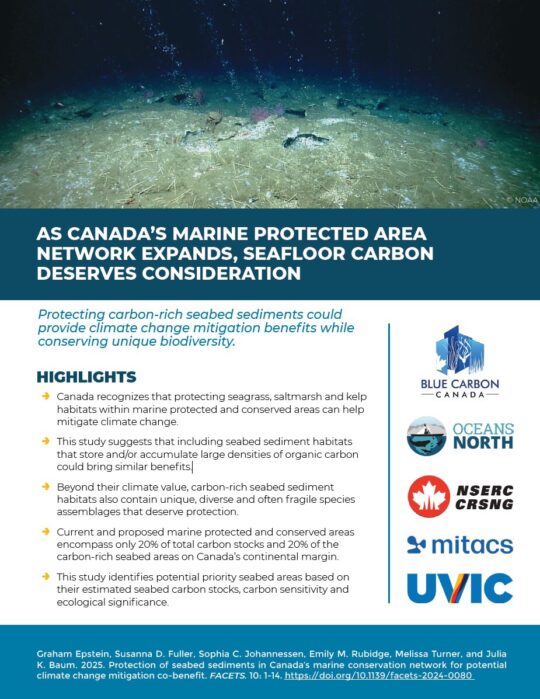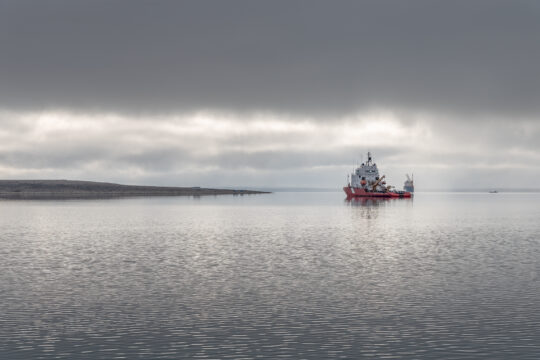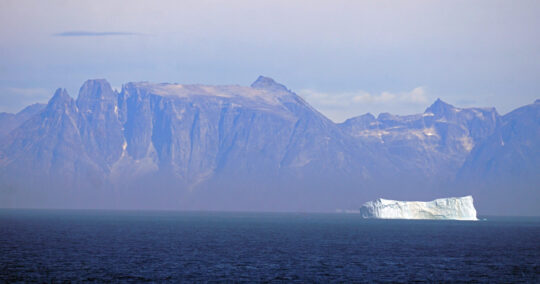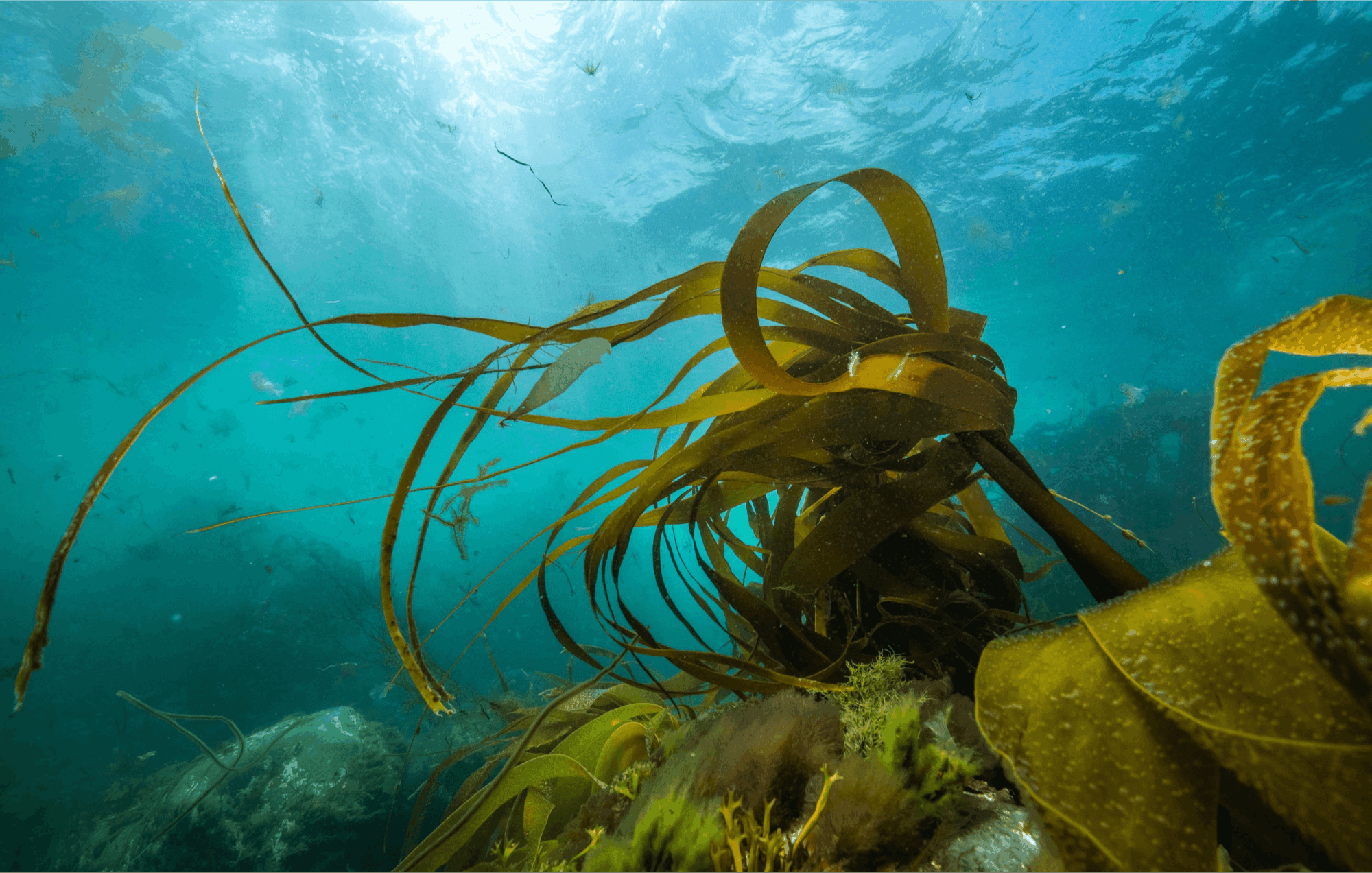
For the Ocean
Our conservation efforts extend across Canada, spanning the world’s longest coastline and into the connected seas and watersheds.
For the Ocean
Our conservation efforts extend across Canada, spanning the world’s longest coastline and into the connected seas and watersheds.
Beyond our borders, Oceans North is at the forefront of efforts to advance protection for the two-thirds of the world’s ocean where the rules are still being made. From a new global treaty covering the High Seas to the overlapping national claims crisscrossing the Arctic, Oceans North is engaged in the issues that will determine how and to what extent our ocean will be protected as we enter a critical time for the planet.
A healthy ocean provides a lifeline for humanity, and the lessons from the past are clear: the collapse of marine resources can wreak havoc on economies and communities alike. When industrial activities go unchecked, they can inflict serious damage, disrupting the ocean’s ability to sustain itself. We have a responsibility to safeguard these vital services and maintain the delicate balance of marine ecosystems for everyone.
Preventing Deep Sea Mining
The deep sea is the largest habitable space on Earth and home to a remarkable diversity of life. As global demand for minerals like cobalt, graphite, and nickel grows, countries have begun to explore the possibility of mining the seafloor. However, deep seabed mining would cause long-term, catastrophic species and ecosystem disruption, imperilling communities who rely on a healthy ocean for food and economic security.
Oceans North is advocating for a global moratorium on deep seabed mining and the urgent ratification of the High Seas Treaty to protect the deep sea.
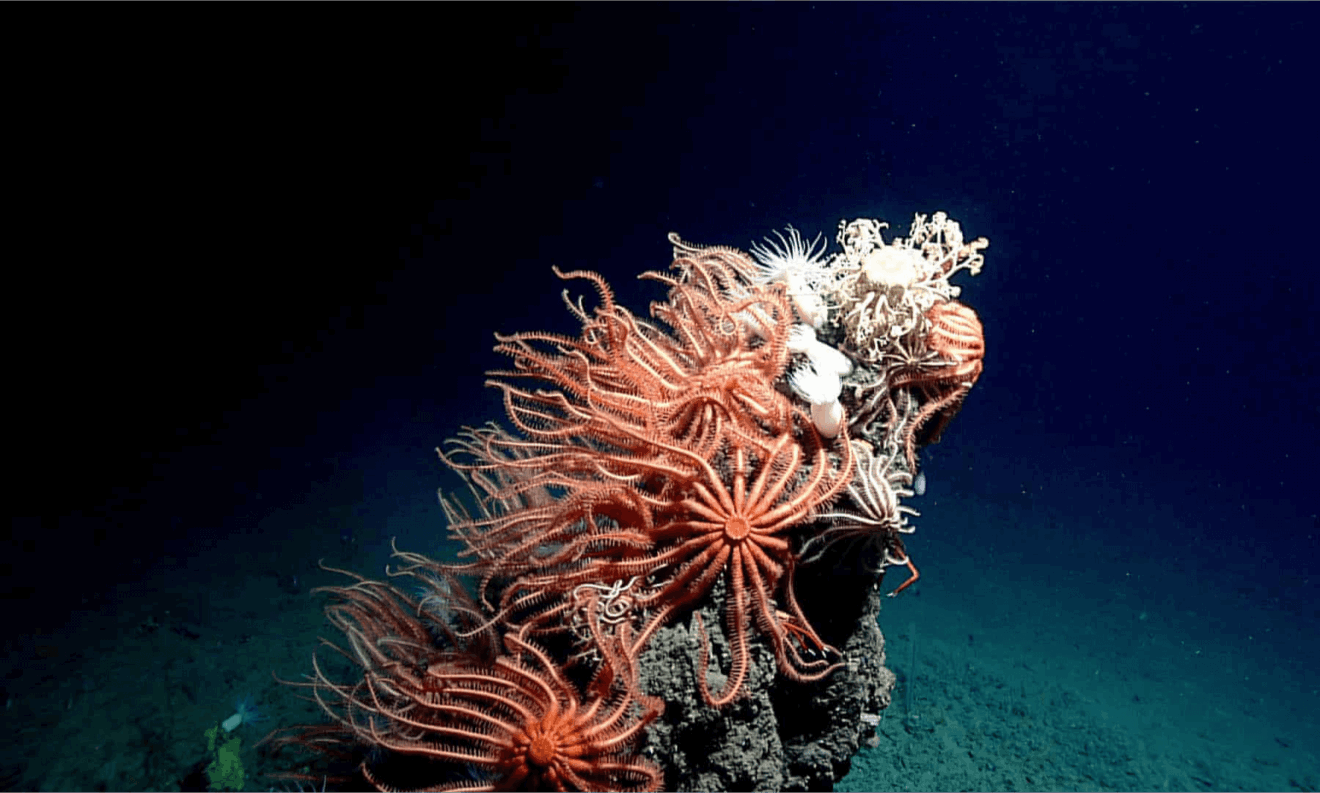
Responsible Shipping
Climate change is causing the sea ice in our Arctic waters to melt at an unprecedented rate, providing shipping companies greater access to new routes and a longer shipping season. While shipping is an essential part of life in the Arctic, industry practices must prioritize safety, Inuit rights and participation, and environmental responsibility.
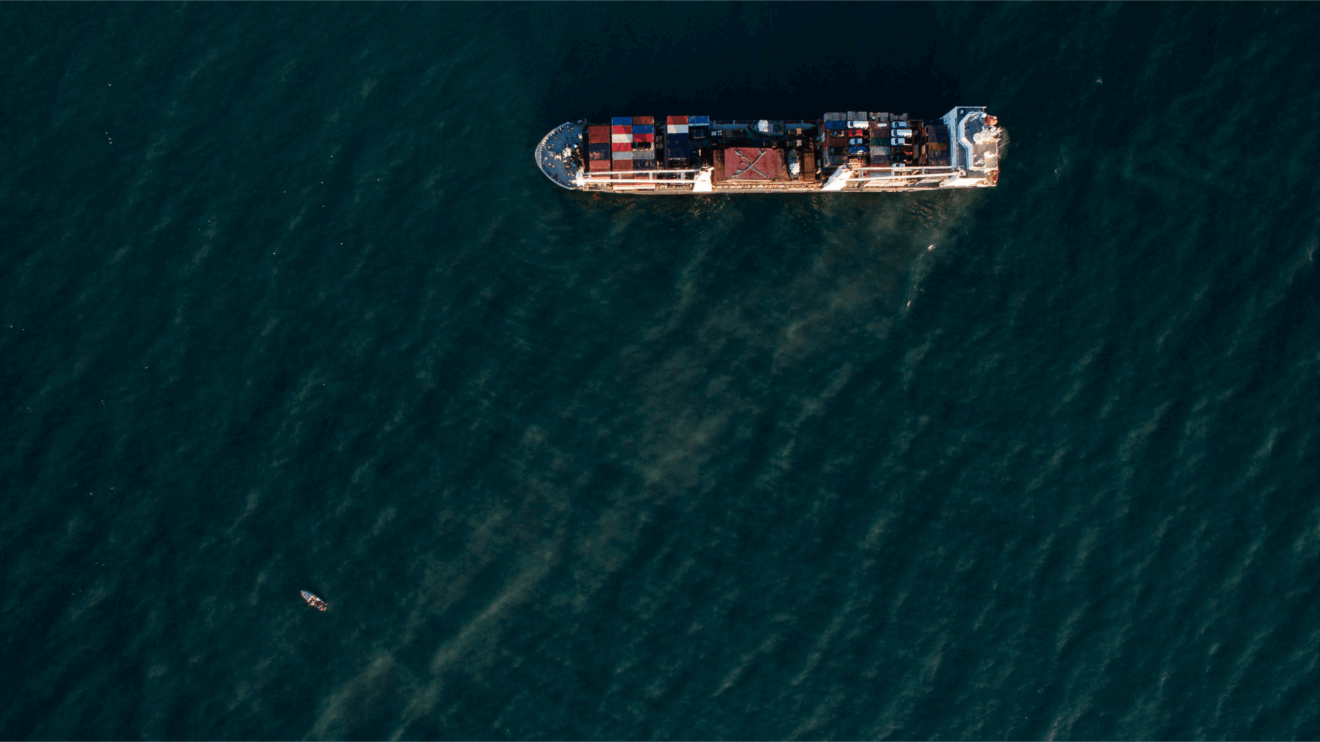
Keeping The Ocean Quiet
People have relied on the ocean for travel and the movement of goods for millennia. However, increased ship traffic and larger boats in Arctic waters mean a previously quiet ocean has gotten much louder. Prolonged exposure to ship noise is causing many marine mammals to leave their typical habitats or fail to perform essential behaviours, like feeding or communicating. Oceans North uses a network of hydrophones to listen to and monitor ship noise in critical areas, advocating for reduced or improved practices that support abundant marine mammal populations for the health of the ecosystem and the people who harvest them.
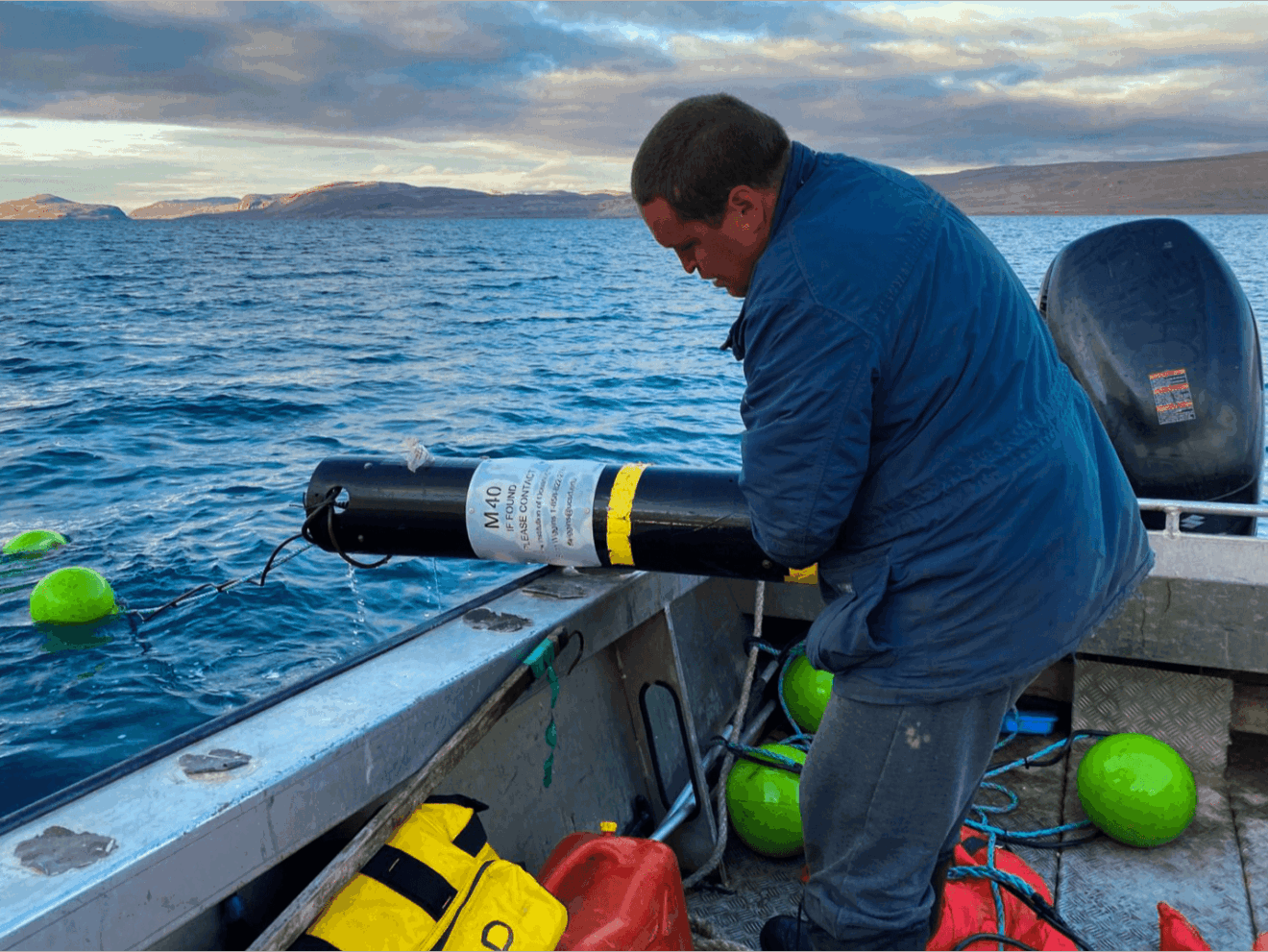
Image – Alex Ootoowak retrieves hydrophone from Milne Inlet location in August 2020.
Credit – Julie Killiktee
Related Stories
Healthy Waters
Where Does Canada Stand on Deep-Sea Mining?
“It’s beyond time that we stop treating the deep ocean as something to exploit, and start treating it for what it really is: a mind-blowingly vast, virtually unknown world within our world,” John Oliver concluded in his most recent Last Week Tonight segment on deep-sea mining.
Read More

